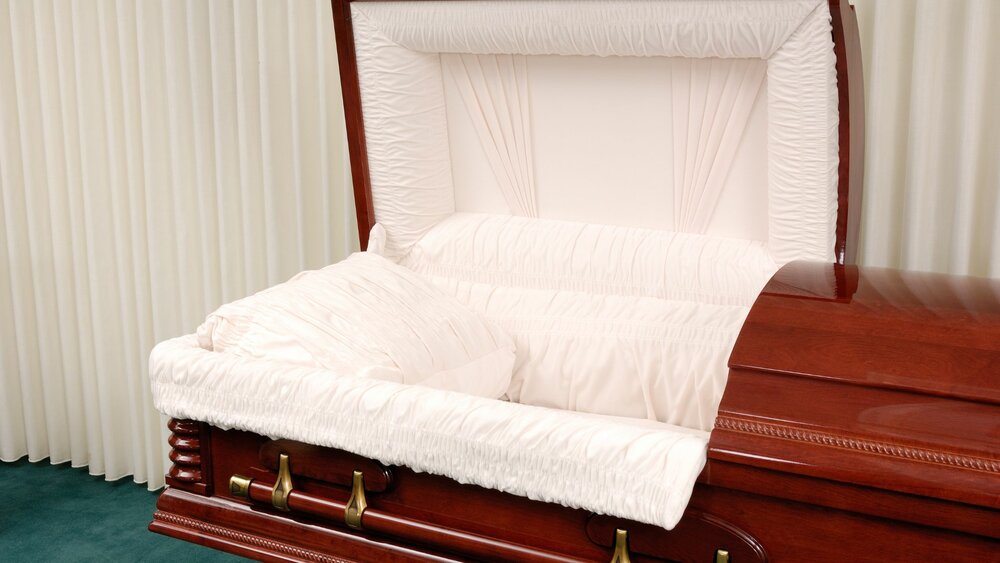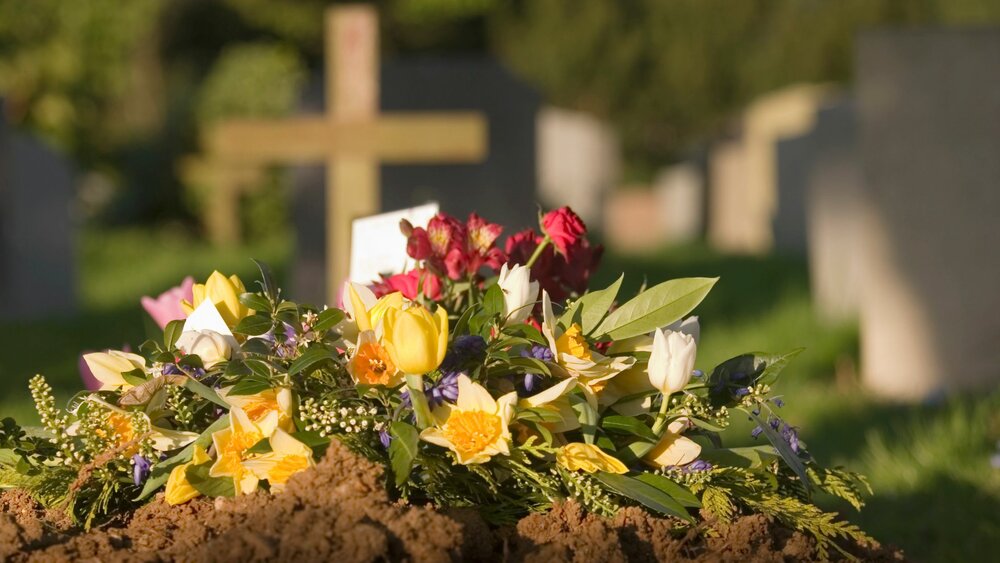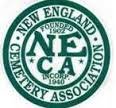How Long Can a Body Sit Without Being Embalmed? Exploring Decomposition Timelines and Funeral Options
When faced with the passing of a loved one, questions about what happens next often arise. One of the most common inquiries revolves around how best to handle the deceased's remains. This consideration is crucial, especially when contemplating embalming and its alternatives. Understanding the natural process of decomposition and the range of available funeral options can provide clarity and guidance during this sensitive time.
The Process of Decomposition
Decomposition is a natural biological process that begins soon after death. It unfolds in distinct stages influenced by factors such as temperature, moisture levels, and the presence of bacteria and insects.
- Early Stages: Immediately after death, the body enters the initial phase of decomposition. Cells begin to break down, and rigor mortis sets in, causing changes in color and rigidity.
- Advanced Decomposition: Over time, tissues and organs continue to break down. This stage is characterized by the release of gases, leading to bloating and changes in skin coloration.
- Final Stages: Ultimately, only skeletal remains may endure as the body returns to its fundamental elements.
- Embalming: Purpose and Alternatives
Embalming serves as a common practice aimed at temporarily preserving the body. This process is often chosen for viewing purposes or when there's a delay before burial or cremation. It involves injecting embalming fluid into the body's arteries to slow down the natural decomposition process.
- Benefits of Embalming: Embalming allows families additional time to arrange and conduct funeral services, providing a preserved appearance for loved ones to say their final goodbyes.
- Considerations: While widely accepted, embalming is not always necessary or legally required. Many families opt for alternatives that better align with personal beliefs or cultural practices.
Alternative Funeral Options
For those seeking alternatives to embalming, several compassionate choices exist:
- Refrigeration: Cooling the body can effectively slow down the decomposition process, offering families time to gather and make arrangements.
- Immediate Burial or Cremation: Some families prefer immediate burial or cremation without embalming, particularly when swift arrangements are desired or when cultural traditions dictate prompt handling of the deceased.
- Natural Burial: This environmentally friendly option avoids embalming and utilizes biodegradable materials for burial. It allows the body to return naturally to the earth, aligning with principles of sustainability and simplicity.
Choosing What's Right for You
The decision of whether to embalm or explore alternative funeral options is deeply personal and influenced by various factors including:
- Personal Preferences: Consider what feels most respectful and appropriate for honoring the deceased.
- Religious and Cultural Beliefs: These can play a significant role in determining the best course of action.
- Practical Considerations: Logistics, timing, and legal requirements are also pivotal factors to weigh when making these decisions.
Consulting with a compassionate funeral director can provide invaluable guidance tailored to individual circumstances and preferences, helping families navigate these choices with clarity and peace of mind.
Understanding how long a body can remain without being embalmed involves acknowledging the natural process of decomposition and considering the array of funeral options available. Whether opting for traditional embalming or exploring alternative methods, each decision reflects the desire to honor the memory of the deceased with dignity and respect.
By exploring decomposition timelines and funeral options, families can make informed decisions during a time that demands both practicality and sensitivity. Embracing these choices fosters a meaningful farewell that honors the individuality and preferences of those who have passed on, ensuring their legacy is remembered with love and reverence.
Conclusion
Deciding how to handle a loved one's remains is a deeply personal and often complex decision. Understanding how long a body can sit without being embalmed and whether embalming is necessary can help families make informed choices that align with their values, beliefs, and practical considerations.
While a body can show signs of decomposition within 24 to 72 hours at room temperature, refrigeration can preserve it for one to three weeks, and freezing can halt decomposition almost indefinitely. Embalming is not always required and depends on legal, personal, and cultural factors. Alternatives like refrigeration, dry ice, and natural burial offer viable options for those who prefer not to embalm.
Ultimately, the decision to embalm or not is a personal one, influenced by the unique circumstances and preferences of each family. By understanding the options available and the factors that influence decomposition, families can make the best decision for their loved ones during a challenging and emotional time.
For additional information - please call Willowbrook Cemetery. Our team can help you select a peaceful final resting place for your cherished one at our cemetery. You can contact us via this form or the number on this page.






Comments